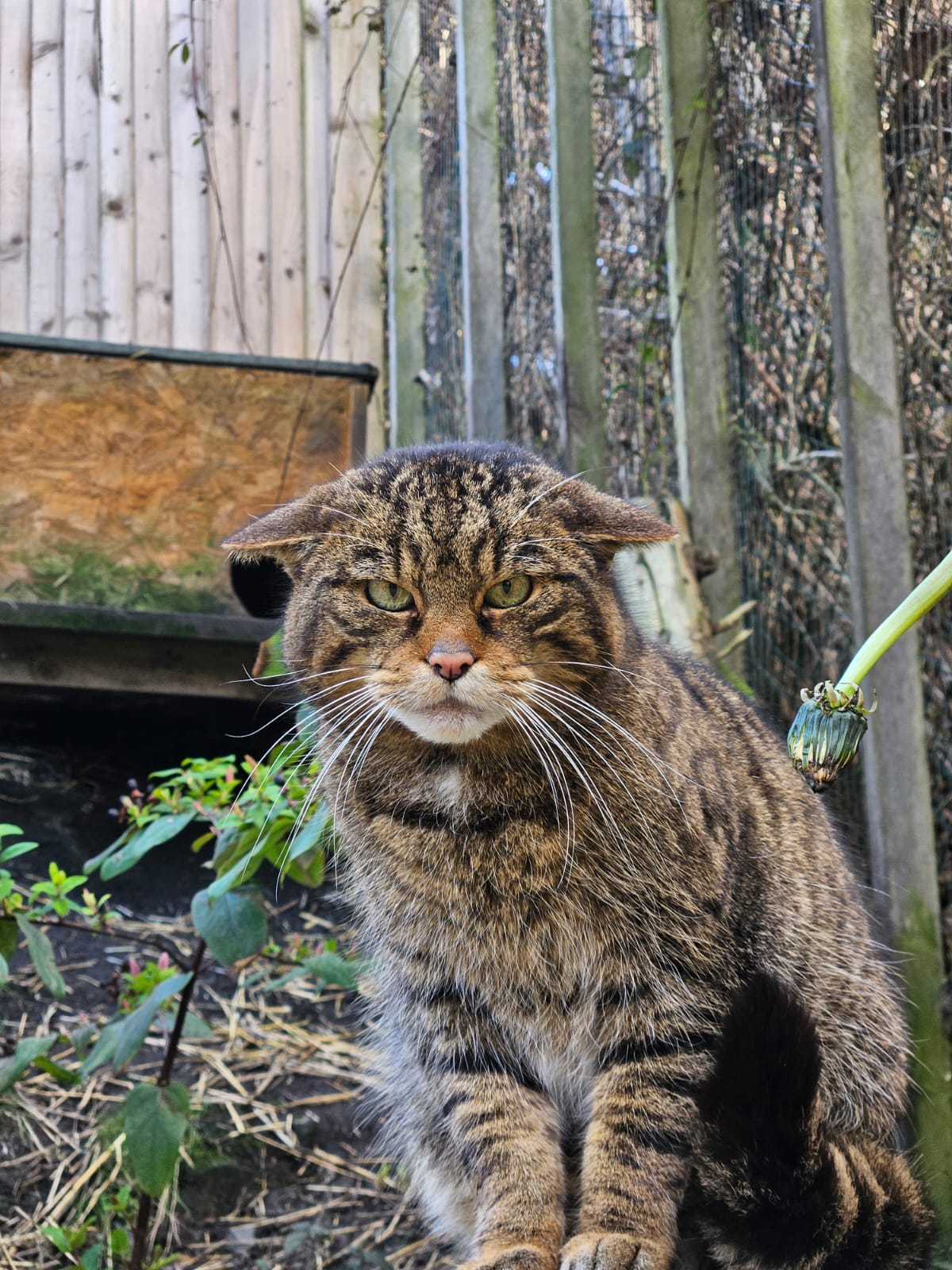WildTrack Team New Interview Series #2: Yolanda Davis
For the second interview in our series highlighting our amazing WildTrack team members, we’re thrilled to welcome Yolanda Davis! Yolanda is a former Principal Software Engineer turned Ph.D. Student studying Management Information Systems at the University of Georgia.
Welcome Yolanda! You’ve been central to our AI development team for 2 years now, and we’re so grateful that you could join us to share your story, and experiences working with WildTrack.
What attracted you to working with WildTrack?
I first learned about WildTrack during my Data Science capstone course at the Harvard Extension School. I have always wanted to work on a project that allowed me to give back to society in some capacity. I saw no greater opportunity than aligning with the research performed at WildTrack especially given the impact of their work to help protect endangered species around the world.
You have generously volunteered your time to WildTrack as a ML engineer for over 2 years. What challenge have you most enjoyed during this period?
The work I’ve enjoyed the most to date has been providing development and testing assistance towards WildTrack’s new Machine Learning Pipeline. The automated pipeline will support WildTrack’s ultimate goal of scaling up their machine learning development and deployment capabilities substantially over the next few years, which will have a tremendous impact in their ability to support the identification and ultimately protection of engaged species.
In your previous job were you mainly dealing with clients in the same or similar industries? How different has it been working in a multidisciplinary team with an end goal of wildlife conservation?
Honestly the experiences I’ve had with WildTrack have been very similar to not only my previous job but my work throughout my career as a software developer. Over the years I’ve had the pleasure of working alongside others with completely different backgrounds and skill sets around a common goal, which typically focused on optimizing or improving the work a client needs to accomplish using technology. However when working for WildTrack, there is the added bonus of knowing the societal impact of the work that you do everyday, which can be an excellent motivator when a problem may feel a bit challenging.
If you could visit any of the WildTrack field projects, which would it be, and why?!
Any of the projects within Africa would be ideal for me! From a researcher’s perspective, it would allow me to be in an environment which provides the “ground truth” for many of the challenges WildTrack works feverishly to combat; something I don’t have access to living in the U.S. Also, I would have the chance to glean from the hands-on experiences of subject matter experts who, in many cases, have tacit knowledge in areas such as species tracking passed down from generations. The best way I can describe this benefit is really with an analogy: there is a difference between just writing a recipe to bake a cake (having never baked a cake) versus actually baking the cake!
If you could instantly create any ML-driven feature for our platform what would it be?
I would immediately create small mammal track detection/identification because I completely understand how challenging it is! But more importantly having the ability to track and quickly identify smaller animals would open a completely new window of possibilities for how researchers can monitor the ecosystem.
As an African American woman you are probably in a minority in your chosen profession. I know you also volunteer to mentor other minority communities and inspire them as a role model. Can you speak a little about your experiences in this area?
We are definitely in the minority. As an African American woman, who has worked with technology for over 25 years, it is disheartening for me to know that we still capture only 2.6% of the Computer Science degrees awarded. Also Black and Latinx students are more likely to leave the STEM related fields due to a variety of challenges. Mentorship for me is a small way that I can help combat this. My goal as a mentor is to provide counsel, support and encouragement from a place of familiarity for those who may not find that same type of support at their workplace. Having shared background, perspective and experiences can make the difference in giving another person hope that they can be successful in this career, despite what the numbers say.
What’s next for you? What are you most looking forward to?
I am looking forward to embarking upon a new career in research, which will begin with doctoral education at UGA. I am excited to study and contribute towards research in areas such as Responsible AI and increasing AI awareness and adoption within the senior community.

Yolanda and her husband.







